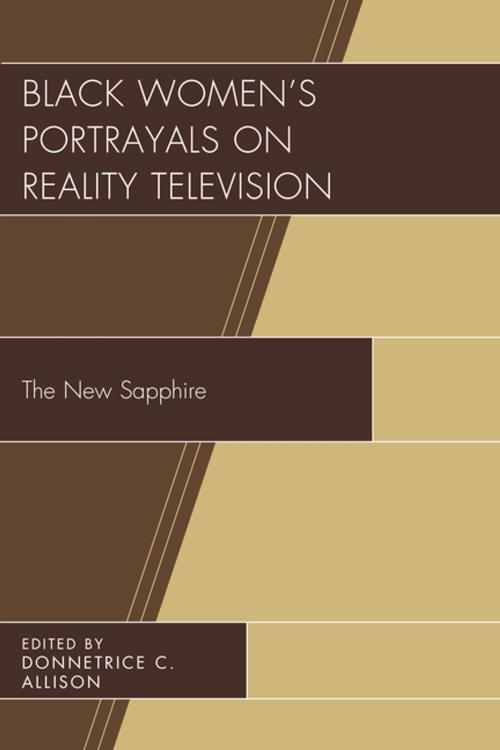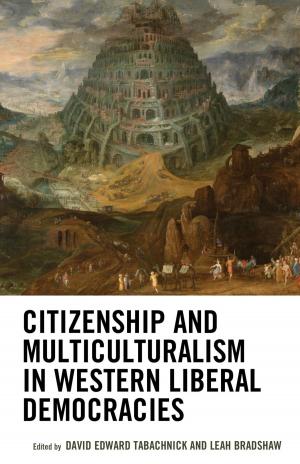Black Women's Portrayals on Reality Television
The New Sapphire
Nonfiction, Reference & Language, Language Arts, Communication, Social & Cultural Studies, Social Science, Cultural Studies, African-American Studies| Author: | Antwanisha Alameen-Shavers, Allison M. Alford, Patrick Bennett, Mia E. Briceño, Chetachi A. Egwu, Evene Estwick, Adria Y. Goldman, Rachel Alicia Griffin, Johnny Jones, Ryessia D. Jones, Madeline M. Maxwell, Angelica N. Morris, Donyale R. Griffin Padgett, Tracey Owens Patton, Shavonne R. Shorter, Siobhan E. Smith, Elizabeth Whittington Cooper, Julie Snyder-Yuly | ISBN: | 9781498519335 |
| Publisher: | Lexington Books | Publication: | January 14, 2016 |
| Imprint: | Lexington Books | Language: | English |
| Author: | Antwanisha Alameen-Shavers, Allison M. Alford, Patrick Bennett, Mia E. Briceño, Chetachi A. Egwu, Evene Estwick, Adria Y. Goldman, Rachel Alicia Griffin, Johnny Jones, Ryessia D. Jones, Madeline M. Maxwell, Angelica N. Morris, Donyale R. Griffin Padgett, Tracey Owens Patton, Shavonne R. Shorter, Siobhan E. Smith, Elizabeth Whittington Cooper, Julie Snyder-Yuly |
| ISBN: | 9781498519335 |
| Publisher: | Lexington Books |
| Publication: | January 14, 2016 |
| Imprint: | Lexington Books |
| Language: | English |
This book critically analyzes the portrayals of Black women in current reality television. Audiences are presented with a multitude of images of Black women fighting, arguing, and cursing at one another in this manufactured world of reality television. This perpetuation of negative, insidious racial and gender stereotypes influences how the U.S. views Black women. This stereotyping disrupts the process in which people are able to appreciate cultural and gender difference. Instead of celebrating the diverse symbols and meaning making that accompanies Black women's discourse and identities, reality television scripts an artificial or plastic image of Black women that reinforces extant stereotypes. This collection's contributors seek to uncover examples in reality television shows where instantiations of Black women's gendered, racial, and cultural difference is signified and made sinister.
This book critically analyzes the portrayals of Black women in current reality television. Audiences are presented with a multitude of images of Black women fighting, arguing, and cursing at one another in this manufactured world of reality television. This perpetuation of negative, insidious racial and gender stereotypes influences how the U.S. views Black women. This stereotyping disrupts the process in which people are able to appreciate cultural and gender difference. Instead of celebrating the diverse symbols and meaning making that accompanies Black women's discourse and identities, reality television scripts an artificial or plastic image of Black women that reinforces extant stereotypes. This collection's contributors seek to uncover examples in reality television shows where instantiations of Black women's gendered, racial, and cultural difference is signified and made sinister.















